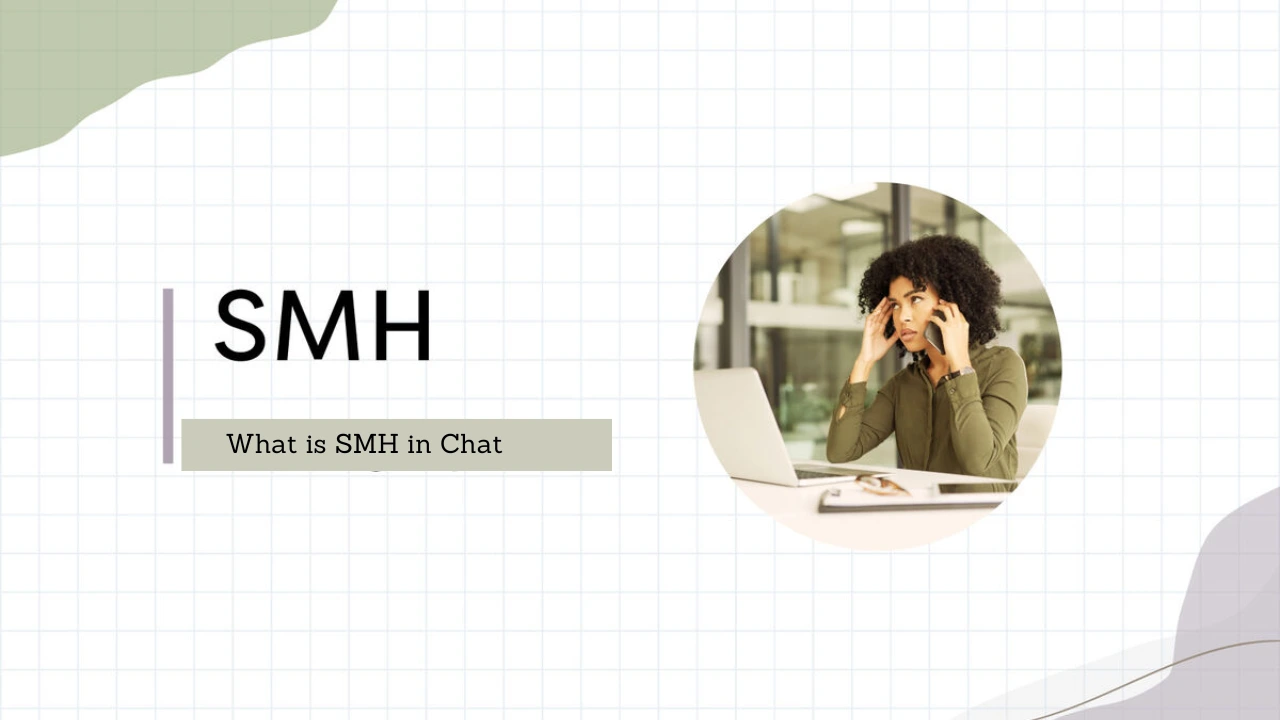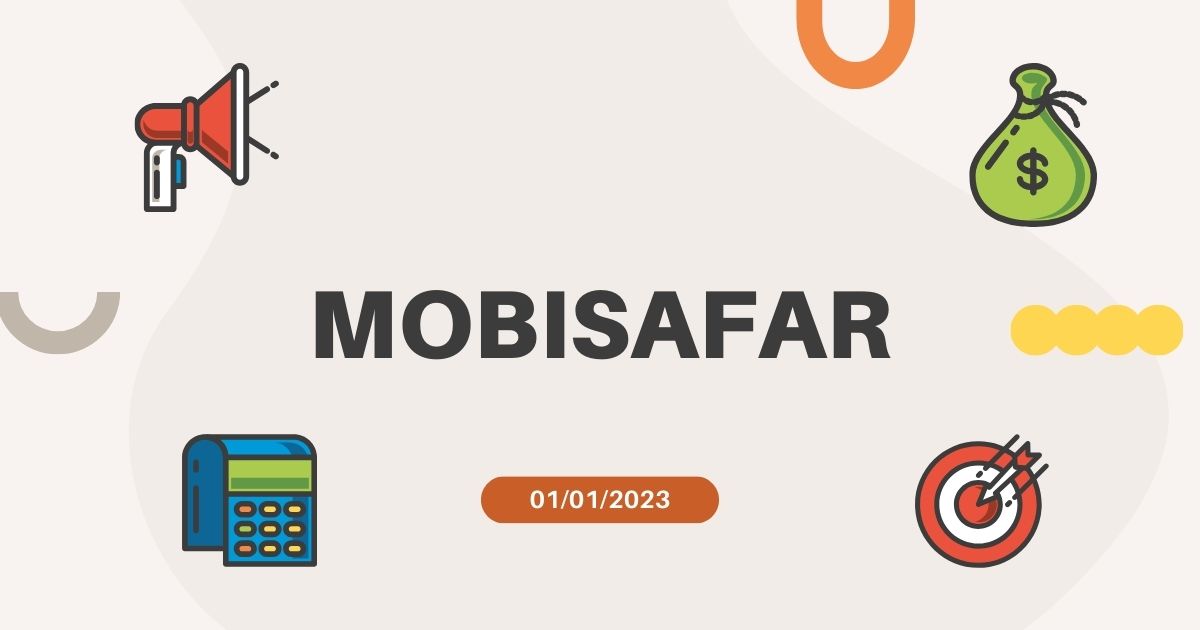what does “no cap” mean In recent years, the phrase has become a staple in everyday conversations, especially among younger generations. From viral social media posts to popular music lyrics, “no cap” is everywhere. If you’ve heard it but aren’t entirely sure about its meaning or origin, you’re not alone. In this article, we’ll break down the meaning of “no cap,” explore where it came from, how it’s used, and why it’s become so prevalent in modern language.
What Does No Cap Mean?
At its core, the phrase “no cap” is slang for “no lie” or “for real.” When someone says “no cap,” they’re emphasizing that what they’re saying is truthful, honest, and without exaggeration. For example, if someone claims, “I just ran a marathon they are asserting that they genuinely ran a marathon, and they’re not making it up.
Conversely, if you hear someone refer to something as it means they believe it’s a lie or a form of exaggeration. The phrase “cap” is often used in the same context but to indicate disbelief or doubt.
To put it simply, “no cap” means the speaker is being honest, while it means someone is lying or exaggerating. So, when you hear someone say “what does no cap mean?” you can tell them it’s just another way of saying “no lie” or “I’m being serious.”
The Origin of what does no cap mean
The phrase “no cap” didn’t just appear out of nowhere—it has its roots in hip-hop culture, particularly in Southern rap communities. The term “cap” has long been associated with lies or exaggeration, and over time, became a way to assert the truth.
In African American Vernacular English (AAVE), “capping” has been used for years to refer to someone lying or exaggerating. The addition of “no” before “cap” simply strengthens the assertion that what is being said is truthful. The widespread use started to gain more attention in mainstream culture during the late 2010s, largely due to its frequent appearance in rap music.
Rap artists like Future and Young Thug helped popularize the phrase with their hit single “No Cap,” released in 2017. From there, the term gained traction, especially among younger generations and on social media platforms like Twitter, Instagram, and TikTok.
When you wonder “what does “no cap” mean,” it’s essential to understand its cultural roots in rap and AAVE, which is where it originally gained prominence.
How Is No Cap Used?
Now that you know what does “no cap” mean, let’s dive into how it’s used in conversation. The phrase can be integrated into both casual and more formal settings, depending on the context. It is commonly seen in social media posts, text messages, and even face-to-face conversations, especially among Gen Z and Millennials.
Here are a few examples of how is used:
- Example 1: I just got promoted to manager, no cap.
- In this sentence, the speaker is emphasizing that their promotion is real and not an exaggeration.
- Example 2: That new album is the best I’ve ever heard, no cap.
- Here, no cap is used to stress that the speaker’s opinion is sincere and not exaggerated.
- Example 3: He said he could bench 300 pounds, but that’s cap.
- In this case, cap is used to express disbelief, implying that the speaker doesn’t believe the person can actually bench 300 pounds.
Once you understand what does no cap mean, using it in conversation is fairly straightforward. It’s all about emphasizing truthfulness or calling out a lie.
Why Has No Cap Become So Popular?
The popularity of “no cap” can be attributed to several factors. As with many slang terms, its rise in mainstream culture is closely tied to the influence of music, social media, and youth culture. Here are some reasons why the phrase “no cap” has become so widespread:
- Rap and Hip-Hop Influence: As mentioned earlier, the use of “no cap” in rap songs by prominent artists like Future, Migos, and Young Thug helped propel the term into mainstream use. Given the cultural influence of hip-hop, especially among younger demographics, it’s no surprise that the term quickly became a part of everyday language.
- Social Media and Memes: Platforms like TikTok, Instagram, and Twitter have a significant impact on popularizing slang. When phrases like “no cap” are used in viral memes or videos, they spread rapidly and are adopted by millions of users. Social media has helped transcend its hip-hop roots and become a common phrase across different demographics.
- Simplicity and Versatility: One of the reasons why this has caught on so quickly is because it’s easy to understand and use in various situations. Whether you’re talking about something personal, a trending topic, or sharing your opinion on social media, fits seamlessly into the conversation.
- Youth Culture and Authenticity: For many young people, slang is more than just a way to communicate—it’s a way to assert identity and connect with peers. In a world where authenticity is highly valued, especially online, phrases help signal truthfulness and honesty, which resonates with today’s digital-savvy generations.
The Cultural Impact
it’s worth exploring its cultural impact. Slang terms like “no cap” are more than just passing trends—they reflect the ways language evolves and adapts to cultural shifts. The widespread use of this showcases the influence of AAVE and hip-hop culture on mainstream language, further solidifying the genre’s status as a driving force in pop culture.
Additionally, the rise of “no cap” highlights how social media shapes language. In today’s fast-paced, digitally connected world, slang terms can go viral almost overnight, becoming part of everyday speech across a wide range of demographics. This phenomenon reflects the power of social media in driving cultural trends and the democratization of language.
It’s also important to acknowledge that while slang terms can become widely popular, they originate from specific cultural communities, in this case, African American culture. As such, it’s essential to respect and recognize the origins of these terms and how they’ve been shaped by the communities that created them.
Will No Cap Stand the Test of Time?
As with all slang, there’s always the question of whether it will stick around or fade away. While some terms lose popularity over time, others become firmly entrenched in the language. It’s difficult to predict the future of “what does “no cap” mean,” but for now, it remains a widely used and understood phrase.
Given the ever-evolving nature of language, it’s likely that will eventually be replaced by new slang terms. However, its impact on modern language and culture is undeniable, and for now, it remains a relevant and frequently used phrase, especially among younger generations.
Conclusion
What does no cap mean is a slang term that means no lie or “for real.” Its origins in hip-hop culture and AAVE have helped propel it into mainstream use, where it’s now a common phrase on social media and in everyday conversations. Understanding this insight into modern language trends and how slang continues to evolve with the influence of music, youth culture, and social media.
Read Our More Blogs….



